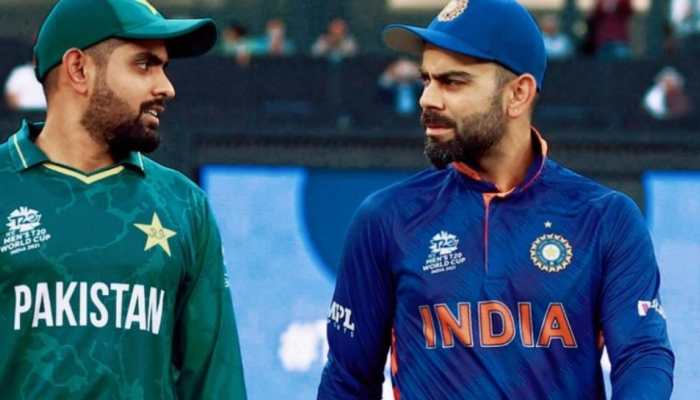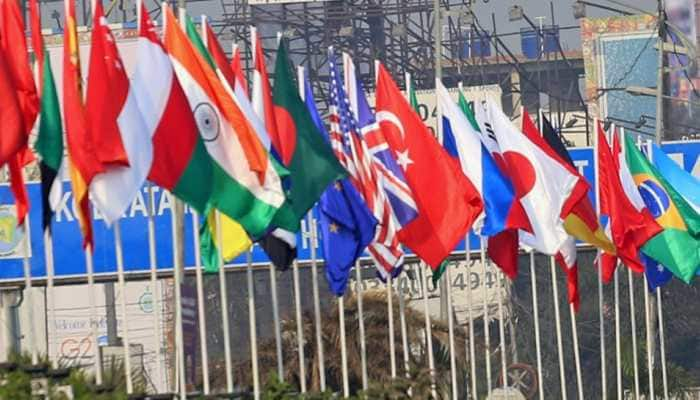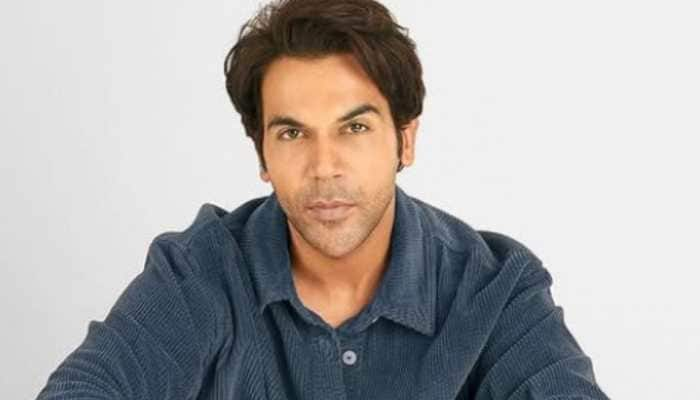Not possible to remove child porn content due to end-to-end encryption technology, WhatsApp tells SC
In today's hearing, Internet giants agreed that child pornography needs to be stamped out.
Trending Photos
) Pic for representational use only
Pic for representational use only NEW DELHI: Instant messaging App - WhatsApp - has reportedly informed the Supreme Court that it won't be possible for it to remove pornographic content across its platform due to end-to-end encryption technology.
The submission on behalf of WhatsApp was made by senior counsel Kapil Sibal in the Supreme Court during a hearing on the issue of monitoring and removal of ''objectionable and unlawful content across various social media platforms.''
Sibal, during the hearing, said that WhatsApp has an end-to-end encryption technology due to which it would not be possible to remove the pornographic content.
The Centre had last month suggested to the court that the intermediaries should deploy ''trusted flaggers'' for identifying and deletion of unlawful content and also set up of a 24X7 mechanism for dealing with requisitions of law enforcement agencies.
During the hearing on the issue, the top court said that the Centre and Internet giants - Google, Microsoft and Facebook - were in agreement that videos of rape, child pornography and objectionable material needed to be "stamped out".
A top court bench comprising Justices Madan B Lokur and UU Lalit noted that intermediaries have "different reactions" to suggestions given earlier by the Centre, which included setting up pro-active monitoring tools for auto-deletion of unlawful content by deploying artificial intelligence based tools.
"Insofar as the suggestions given by the Union of India as mentioned in the order dated November 28, 2018, are concerned, it appears that each of the different entities has a different reaction to them. Google and YouTube have one reaction. Facebook, Microsoft and WhatsApp each have different reactions," the bench said in its order.
It said each of these entities would give a proposed or draft standard operating procedure (SoP) for the purpose of implementation of the suggestions given by the Centre.
"Everybody is agreed that the child pornography, rape and gang rape videos and objectionable material need to be stamped out. The proposed/draft SoP will be drafted on this premise," the bench said in its order.
The top court bench also directed that the draft SoP be filed in the apex court on December 10 and its copies be served to the counsel appearing for the Centre, petitioner and the lawyer assisting it as an amicus curiae.
Among other suggestions, the Central government had earlier said that there should be prompt disposal of requisitions of law enforcement agencies to remove unlawful contents.
The top court passed the order while responding to a matter concerning a letter sent in 2015 to then Chief Justice of India HL Dattu by Hyderabad-based NGO Prajwala, along with two rape videos in a pen-drive.
The court had on its own taken cognisance of the letter and asked the CBI to launch a probe to apprehend the culprits.
The NGO's letter had also mooted the idea of maintaining a national sex offenders' register which should contain details of persons convicted for offences like eve-teasing, stalking, molestation and other sexual assaults.
(With PTI inputs)
Stay informed on all the latest news, real-time breaking news updates, and follow all the important headlines in india news and world News on Zee News.
Live Tv







)
)
)
)
)
)
)
)
)
)
